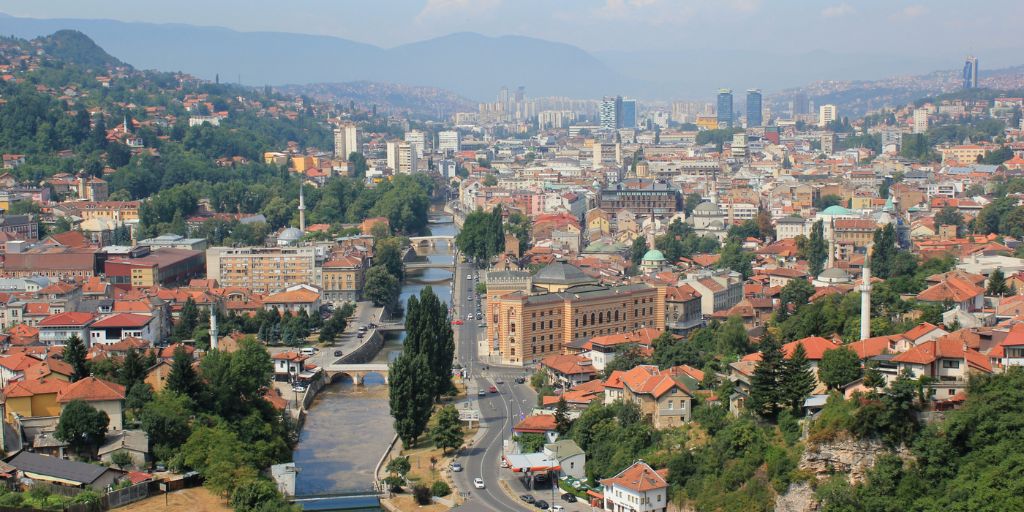Joint NGO statement: New EU budget must ensure dedicated funds for environmental protection and just transition in the Western Balkans
68 civil society organisations have today issued a joint statement calling on the EU to ensure dedicated funds for environmental protection and just transition of coal-dependent regions in the Western Balkans in the post-2027 EU budget.
28 May 2025

Photo: Julian Nyča
68 civil society organisations have today issued a joint statement calling on the EU to ensure dedicated funds for environmental protection and just transition of coal-dependent regions in the Western Balkans in the post-2027 EU budget.
So far, there has been no dedicated EU funding for coal-dependent communities in the region, but funding for environmental protection and civil society has mostly been provided through the Instrument for Pre-Accession Assistance (IPA). Yet it now seems that the EU’s support for the Western Balkans in its 2028-2034 budget will no longer include IPA.
Instead, EU funding for the countries would rely almost entirely on a conditions-based system similar to the EU’s Recovery and Resilience Facility and the Western Balkans Reform and Growth Facility. These involve disbursing funds to the countries’ budgets based on the implementation of various reforms. In parallel, infrastructure projects proposed by the countries are funded through the Western Balkans Investment Framework (WBIF).
Davor Pehchevski, CEE Bankwatch Network – It’s welcome that the EU is exploring new ways to advance rule of law and environmental protection in the Western Balkans, but it’s too early to know whether the Reform and Growth approach works here. The evidence so far isn’t encouraging, as the countries’ Reform Agendas include very few environmental actions. It’s reasonable to continue testing this approach, but not for it to cover almost all EU funds.
Mirjana Jovanović, Belgrade Open School – Complying with EU environmental legislation is the most challenging part of accession, and just transition of coal regions is already late. So the EU needs to support these, along with civil society, irrespective of how well the Western Balkan governments are performing generally. Funding must be consistent, predictable, and bound to specific projects. It cannot wait for government reforms that may never materialise.
The groups also emphasise the need for significant improvements in the Reform and Growth approach, including meaningful, timely and effective public consultation on the planned reforms and investments; the inclusion of more environmental reforms, including dissuasive penalties for legal breaches, and a focus on rule of law, environmental and social improvements rather than economic growth per se.
The Commission is expected to present the next financial framework in mid July 2025, ending months of speculation on its scope and structure.
Contacts
Pippa Gallop
Southeast Europe Policy Officer
CEE Bankwatch Network
pippa.gallop@bankwatch.org
+385 99 755 9787
This activity is part of the “Green Agenda Navigator” project supported by the European Union. The project is implemented by the Belgrade Open School in cooperation with six regional partners: the Aarhus Centre Association, Eco-Team organization, Eco-Z organization, the Center for Environmental Research and Information Eko-svest, the Protection and Preservation of Natural Environment in Albania organization and CEE Bankwatch Network.
Never miss an update
We expose the risks of international public finance and bring critical updates from the ground – straight to your inbox.
Project: Coal in the Balkans
